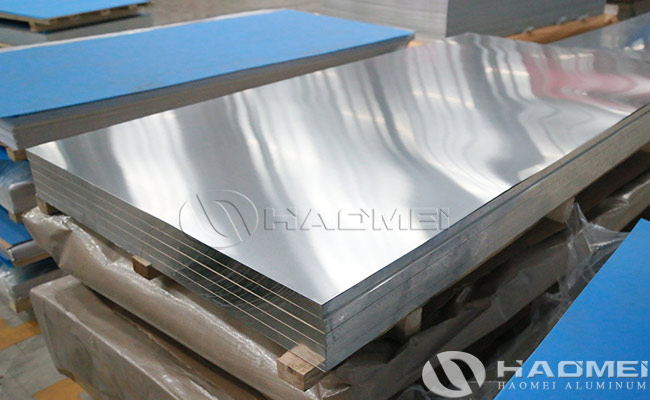5083 H111 VS H116 VS H321
January 17, 2025
5083 aluminum alloy is a commonly used aluminum-magnesium alloy with excellent corrosion resistance and high strength. Its different heat-treated tempers (e.g. H111, H116, H321) represent different mechanical properties and application characteristics.

The following is a brief comparison of 5083 h111 vs h116 vs h321:
5083 H111
– Characteristics: 5083 aluminum alloy in H111 condition is simply annealed and has good plasticity and welding properties.
– Strength: Relatively low, suitable for applications that do not require high strength.
– Applications: Commonly used in ships, vehicles and some building structures, suitable for applications requiring some plasticity and formability.
5083 H116
– Characteristics: 5083 aluminum alloy in the H116 condition is subjected to more stringent controls and typically has better corrosion resistance and strength.
– Strength: The increased strength of H116 relative to H111 makes it suitable for more demanding environments.
– Applications: Widely used in marine environments for ships and offshore structures, suitable for applications requiring high strength and corrosion resistance.
5083 H321
– Characteristics: 5083 aluminum alloy in the H321 temper has undergone special heat treatment to provide higher strength and better corrosion resistance.
– STRENGTH: Typically the strongest of the three tempers and suitable for applications in extreme environments.
– Applications: Commonly used in demanding industrial applications such as pressure vessels, ship structures and some aerospace applications.
Summarization
– Plasticity and Strength: H111 has good plasticity but low strength; H116 has improved strength and corrosion resistance; H321 offers the highest strength and corrosion resistance.
– Application environments: H111 is suitable for general environments, H116 is suitable for marine environments, and H321 is suitable for extreme environments or high load applications.
In selecting the appropriate aluminum alloy temper, comprehensive consideration should be made based on specific application requirements, environmental conditions and desired mechanical properties. For further requirements or specific application scenarios, it is recommended to consult a professional materials engineer or supplier.


 Nydia
Nydia
 Sales Manager
Sales Manager